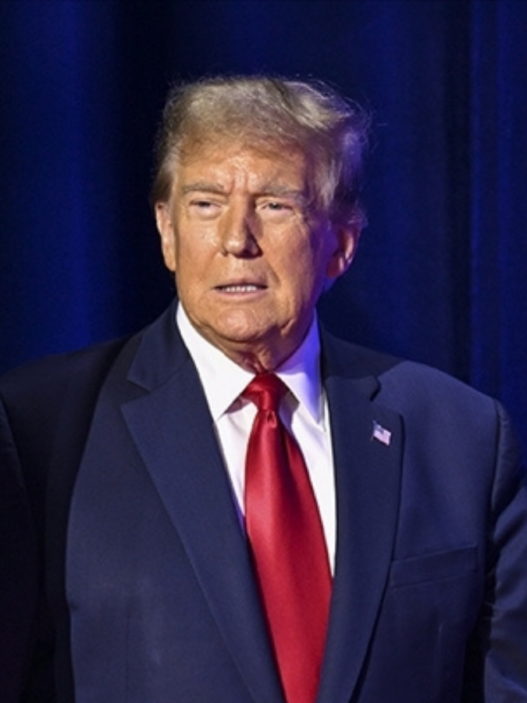In a stunning turn of events, the German government collapsed today, marking one of the most significant political upheavals in recent years. The Bundestag, Germany’s federal parliament, witnessed a dramatic vote of no confidence against Chancellor Sophie Müller and her coalition government, effectively ending their tenure.
What Led to the Fall of the Government?
The collapse of the government comes amidst mounting public dissatisfaction and internal disagreements within the ruling coalition. Key reasons for the downfall include:
- Economic Challenges: Germany has been grappling with inflation, rising energy costs, and slow economic growth. The government’s inability to address these issues effectively led to widespread criticism from both the public and opposition parties.
- Energy Policy Disputes: The coalition’s conflicting stances on the energy transition caused significant delays in implementing policies. The Green Party’s push for a rapid shift to renewable energy clashed with the more conservative factions advocating for gradual change.
- Immigration Policy: Increasing tensions over immigration reform further fractured the coalition. The government’s proposed policies faced backlash from both liberal and conservative sides, leaving no room for compromise.
- Leadership Struggles: Chancellor Müller faced criticism for her inability to mediate disputes within the coalition. Her perceived lack of decisiveness became a focal point for detractors.
What Happens Next?
With the government dissolved, Germany now enters a period of political uncertainty. The immediate steps include:
- Caretaker Government: Until new elections are held, a caretaker government will manage day-to-day affairs. The President of Germany, Frank Steinbauer, has urged all parties to act responsibly during this transitional phase.
- Snap Elections: The Bundestag will likely call for snap elections within the next 60 days. Political analysts predict a highly competitive race, with opposition parties such as the CDU/CSU alliance and the far-right AfD gaining ground.
- Potential New Coalitions: Forming a stable coalition will be a major challenge. The political landscape has become increasingly fragmented, and parties will need to navigate ideological differences to create a functioning government.
The Public’s Reaction
Across Germany, reactions to the government’s fall have been mixed. Protests erupted in major cities like Berlin and Hamburg, with citizens voicing frustration over economic hardships and political instability. Meanwhile, business leaders expressed concerns about the impact of prolonged uncertainty on Germany’s economy.
Germany’s Future at a Crossroads
The fall of the government poses critical questions about Germany’s future direction. As Europe’s largest economy and a key player on the global stage, Germany’s political stability is essential for both the EU and international markets. The next government will face immense pressure to address economic challenges, unify a divided electorate, and restore public confidence.
As the nation awaits new leadership, all eyes are on Germany to see how it navigates this defining moment in its history.













